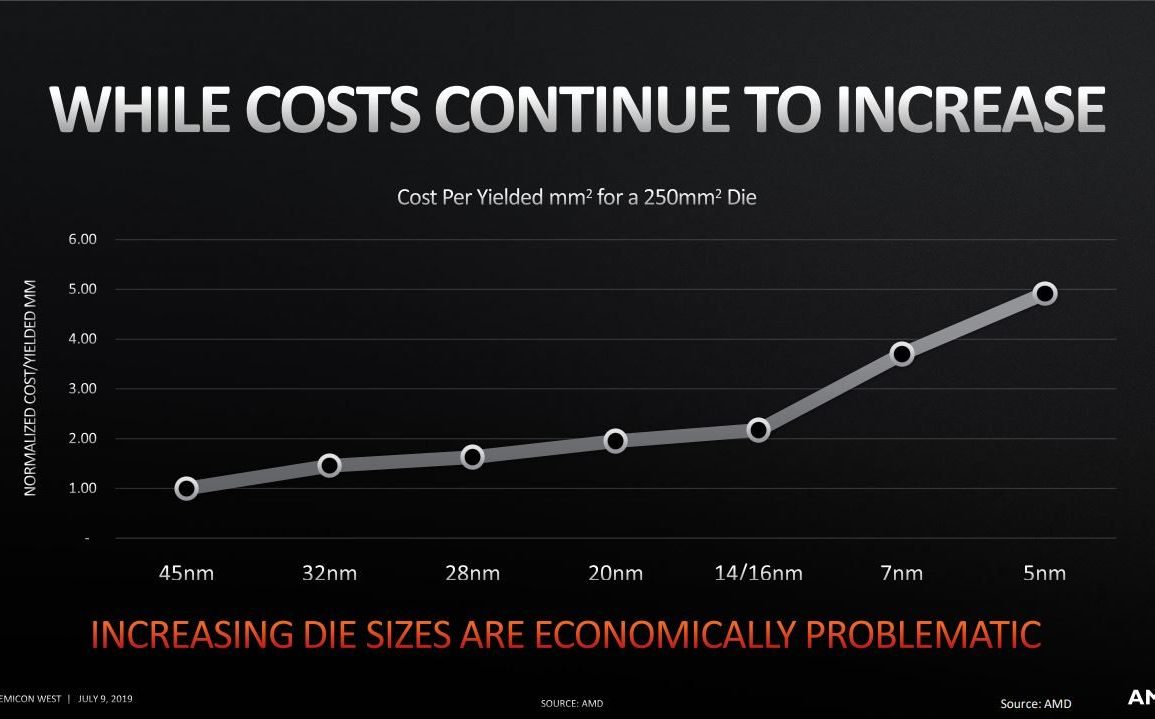Dayaks
[H]F Junkie
- Joined
- Feb 22, 2012
- Messages
- 9,773
Then why did you say at 4K, rather than get off into the weeds with Hz?
Because 4k on Bioshock (which I upscale like crazy) is different than 4k on BFV.
Anyways - Ampere should be interesting. I think some might be right with a RT increase but the 2080ti is a huge chip. It’ll be hard to brute force past it for rasterized. Although nVidia has pulled some decent increases out of nowhere in the past.
![[H]ard|Forum](/styles/hardforum/xenforo/logo_dark.png)
